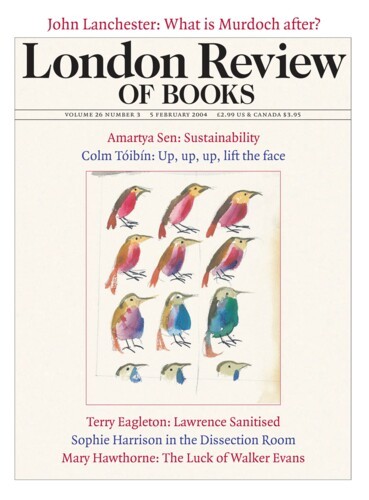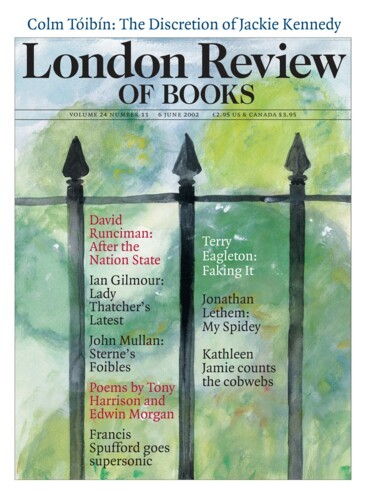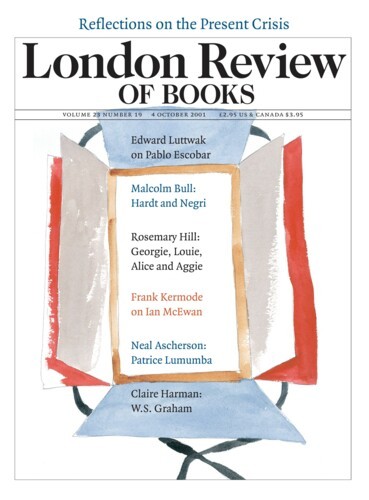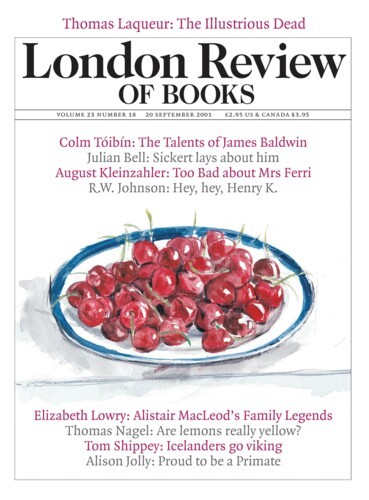Rinse it in dead champagne: The women who invented beauty
Colm Tóibín, 5 February 2004
The women who invented beauty came from far away. They lied about their ages and their origins and the source of their magic; their secrets were known only to certain chemists and secretaries and the maids and butlers who lived in fear of them, who survived long enough to tell and tell again the shocking truth, for example, that Elizabeth Arden, one of the world’s richest women, lined...





